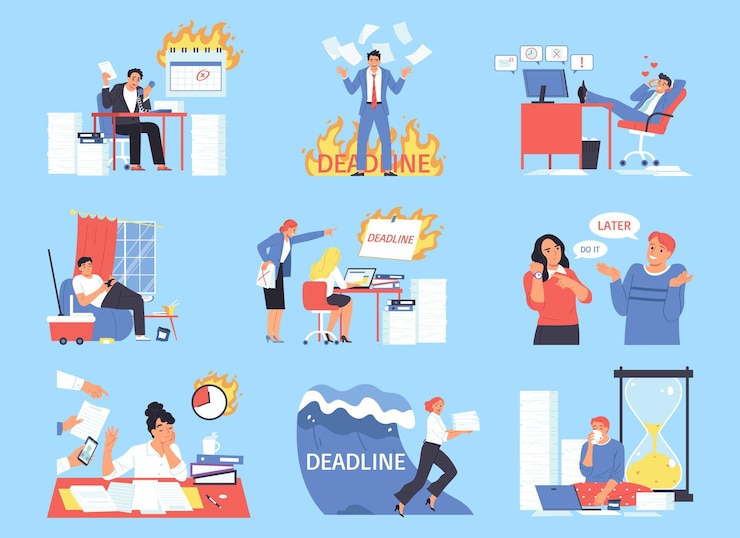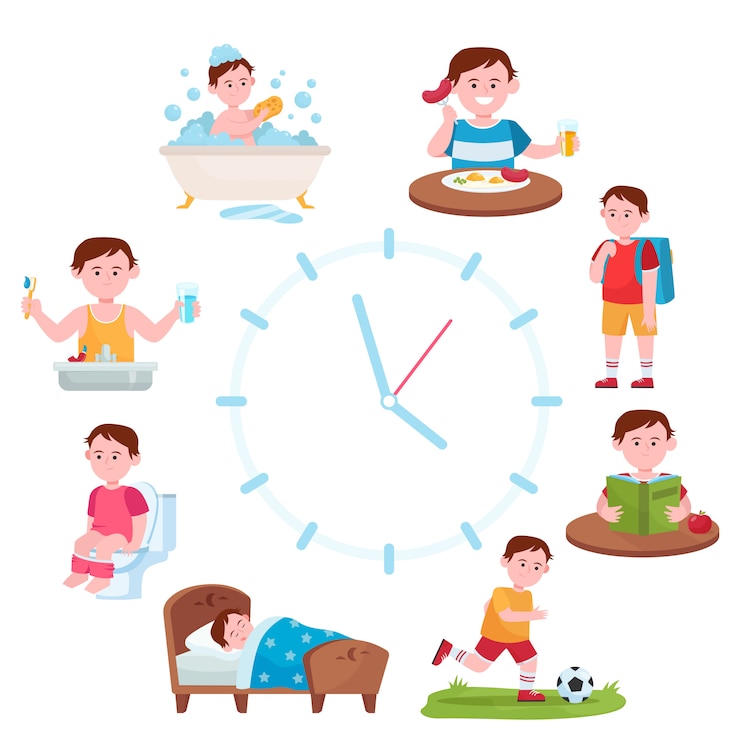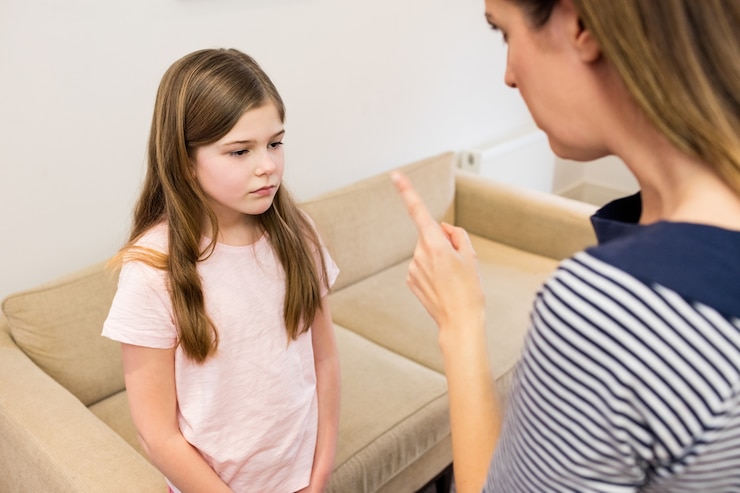
Inside: Gain valuable, research-based tips and strategies for managing children’s anger, straight from a child and family therapist.
**Table of Contents**
* A typical morning involves my 4-year-old coming downstairs, asking for candy at 6:30 am, and bursting into tears when I say no.
* My 7-year-old often feels excluded from her siblings’ games and reacts by yelling and calling them names.
* My 9-year-old comes home from school with a grumpy face and crossed arms, choosing not to discuss her day with me.
If you’re unsure about how to support your child through their anger, don’t worry. This comprehensive guide on anger management for kids has got you covered, and you’re not alone!
Understanding the root causes of your child’s anger and identifying the situations that trigger it are crucial before offering effective support.
Discover why anger serves a unique purpose for children and explore common underlying causes in the article: **Parenting an Angry Child? 10 Underlying Reasons You Shouldn’t Ignore**
Teaching your child to handle anger in a healthy way isn’t about using a single technique; it’s about building a solid foundation for managing intense emotions.
Learn how to establish this foundation for lifelong emotional coping skills in the article: **How to Help a Child Deal with Anger Now and Throughout Life**
With the basics in place, it’s important to delve deeper into one of the most significant topics on anger management for kids. Discover the intervention that, while challenging, offers the quickest way to help your child calm down in: **The Best Thing You Can Do to Help an Angry Child**
Check out these 75 calming strategies for kids that really work!
Once we’ve set a strong foundation, we can move on to more concrete methods for exploring anger. Here are the seven most effective anger management activities I use with children:
Read: **The 7 Best Anger Management Activities for Kids**
Explore a comprehensive list of the 50 most effective anger management tools for kids.
The ability to manage emotions in a positive way is called self-regulation, a lifelong skill your child will continue to develop. Research shows self-regulation is crucial for success both socially and academically.
Support your child’s emotional growth with these steps: **6 Guaranteed Ways to Boost Your Child’s Emotional Regulation Skills**
Here’s a hard truth: Many parents make a common mistake when trying to help their child calm down. This mistake is so frequent, I hear it every time I’m at the store (and sometimes I catch myself saying it too—oops!).
Learn what to stop doing to effectively manage your child’s anger in: **Stop Doing This One Thing to Help Your Child Calm Down**
**Coming Soon: Best Anger Management Books for Kids**
Guiding a child to better control their anger requires the support and guidance of their caregivers. Let’s be real—most adults are still learning to handle emotions in a healthy way.
By providing a strong foundation of emotional intelligence and regulation tools, you equip your child with a healthy relationship with anger.
Empower your child with essential skills for LIFE.
Join 30,000 other intentional parents receiving the weekly Parents with Confidence email, and you’ll get a FREE 5-day parenting course via email. Learn how to:
* Protect your child’s self-esteem
* Gain your child’s cooperation effectively
* Offer the most valuable life skill for your child’s future
* Discipline your child without causing emotional harm
**JOIN + SEND MY ECOURSE!**
No spam, and you can unsubscribe anytime. Built with Kit.
Join 30,000 other intentional parents receiving the Parents with Confidence weekly email, and you’ll get a FREE 5-day parenting course via email. Learn how to:
* Protect your child’s self-esteem
* Gain your child’s cooperation effectively
* Offer the most valuable life skill for your child’s future
* Discipline your child without causing emotional harm



